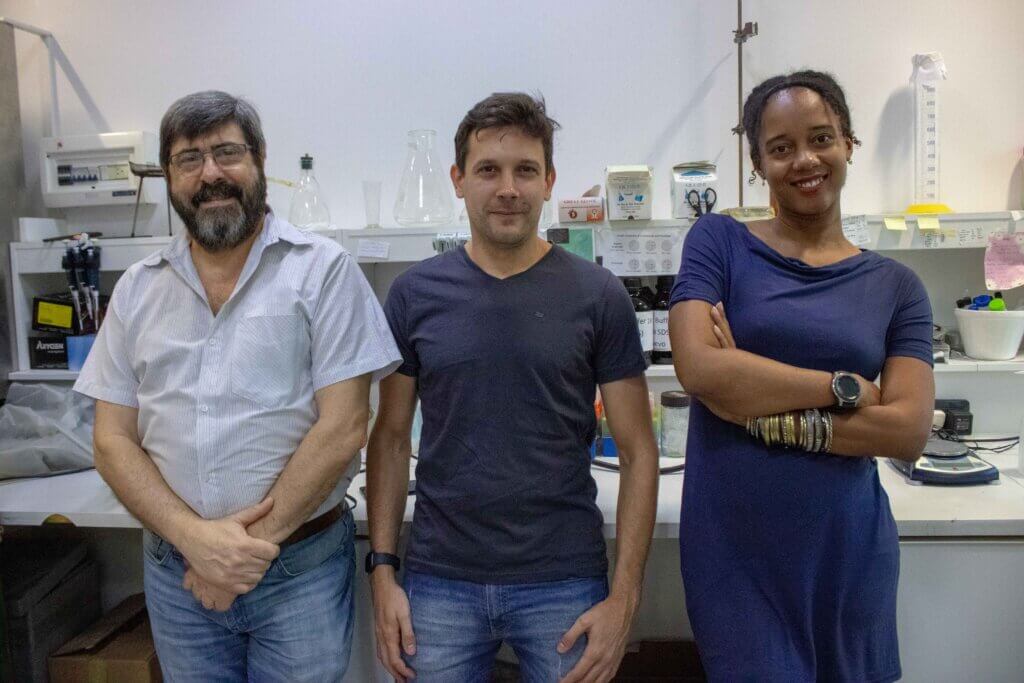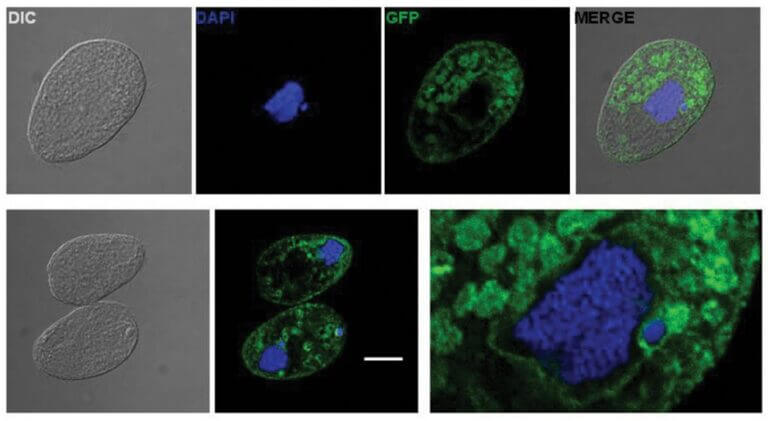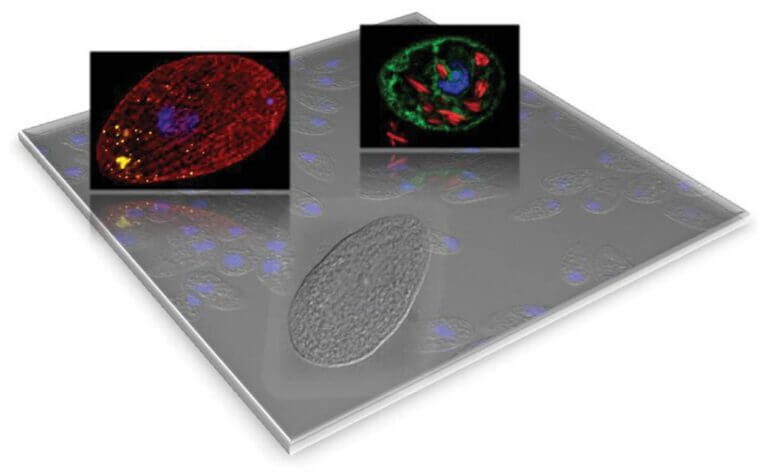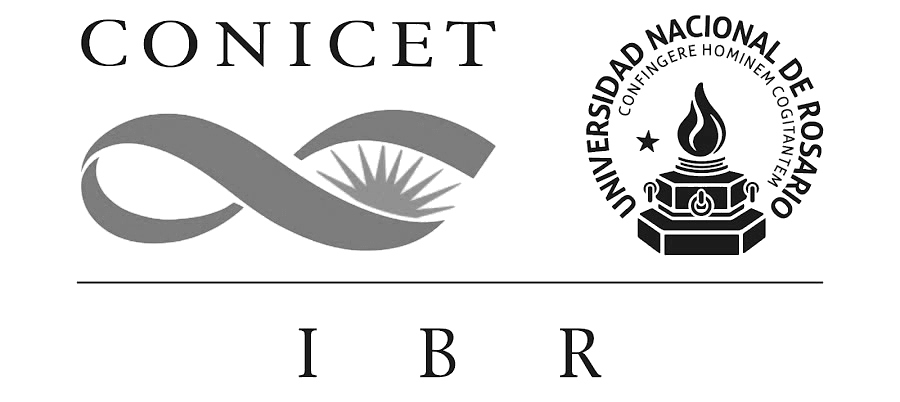research groups
Molecular Protozoology
summary

RESEARCH LINES
Identification of drug targets in the lipid metabolism of trypanosomatids
Our group has depicted the fatty acid and sphingolipid metabolisms in trypanosomatids. These organisms are responsible of serious human and animal diseases such as Chagas disease, caused by Trypanosoma cruzi, sleeping sickness (T. brucei) and leishmaniasis (Leishmania spp.). By mean of genetic approaches and the design of specific inhibitors, we have identified that two enzymes of the pathway are essential for the parasites, the D9 and D12 desaturases. We continue analyzing the essentiality of other desaturases and elongases, and developing new drugs, more efficacious and with potential clinical use. A new line of research focuses on the enzymes involved in lipoic acid biosynthesis.
Sterol metabolism in ciliate protozoa
Another line of work focuses on the metabolism of sterols in the ciliates Tetrahymena thermophila and Paramecium tetraurelia. T. thermophila is able of taking up sterols from the media and modifying them by a series of desaturations and dealkylation. By using reverse genetic approaches such as feeding-RNA interference and knock out mutagenesis, we succeeded identifying the D5 and D6 desaturases and the dealkylating enzyme, which is the first one described in nature. The consequence of these reactions is the synthesis of pro-vitamin D, which is accumulated in the ciliate membrane. This has obvious biotechnological applications in the creation of functional foods of animal origin, with the dual benefit of reducing cholesterol and the concomitant enrichment in pro-vitamin D. We are also studying the synthesis of glycogen and triglycerides, which act as carbon and energy stores. We have determined that glycerol (a cheap by-product of the biodiesel industry) is a good carbon source for the ciliates, repressing the accumulation of glycogen, but stimulating the synthesis of triglycerides, which can be used in biodiesel production.
Images of our research lines


PUBLICATIONS AND PATENTS
A novel Tetrahymena thermophila sterol C-22 desaturase belongs to the Fatty Acid Hydroxylase/Desaturase superfamily
A novel Tetrahymena thermophila sterol C-22 desaturase belongs to the Fatty Acid Hydroxylase/Desaturase superfamily
Functional characterization of the first lipoyl-relay pathway from a parasitic protozoon
Functional characterization of the first lipoyl-relay pathway from a parasitic protozoon
Phagocytic and pinocytic uptake of cholesterol in Tetrahymena thermophila impact differently on gene regulation for sterol homeostasis
Phagocytic and pinocytic uptake of cholesterol in Tetrahymena thermophila impact differently on gene regulation for sterol homeostasis
Genome-wide Transcriptional Analysis of Tetrahymena thermophila Response to Exogenous Cholesterol
Genome-wide Transcriptional Analysis of Tetrahymena thermophila Response to Exogenous Cholesterol
Improved characterization of polyunsaturated fatty acids desaturases and elongases by coexpression in Saccharomyces cerevisiae with a protozoan acyl-CoA synthetase
Improved characterization of polyunsaturated fatty acids desaturases and elongases by coexpression in Saccharomyces cerevisiae with a protozoan acyl-CoA synthetase
Sede CCT Rosario
Ocampo y Esmeralda, Predio CONICET-Rosario
2000 Rosario, Santa Fe, Argentina
Tel. 54-341-4237070 / 4237500 / 4237200
Sede Facultad de Ciencias Bioquímicas y Farmacéuticas
Universidad Nacional de Rosario - Suipacha 531
2000 Rosario, Santa Fe, Argentina
Tel. +54 341 4350596 / 4350661 / 4351235
🔬 El IBR suma 9 proyectos seleccionados en Investigación Orientada 2025 de @ProduccionSF y @CienciaSantaFe.
Biotecnología, salud y sostenibilidad para fortalecer el vínculo entre ciencia, innovación y desarrollo territorial.

